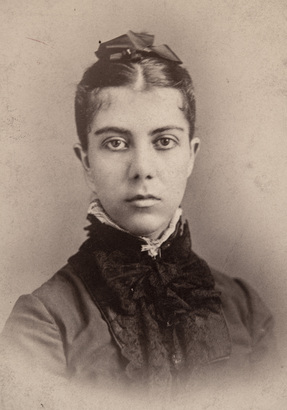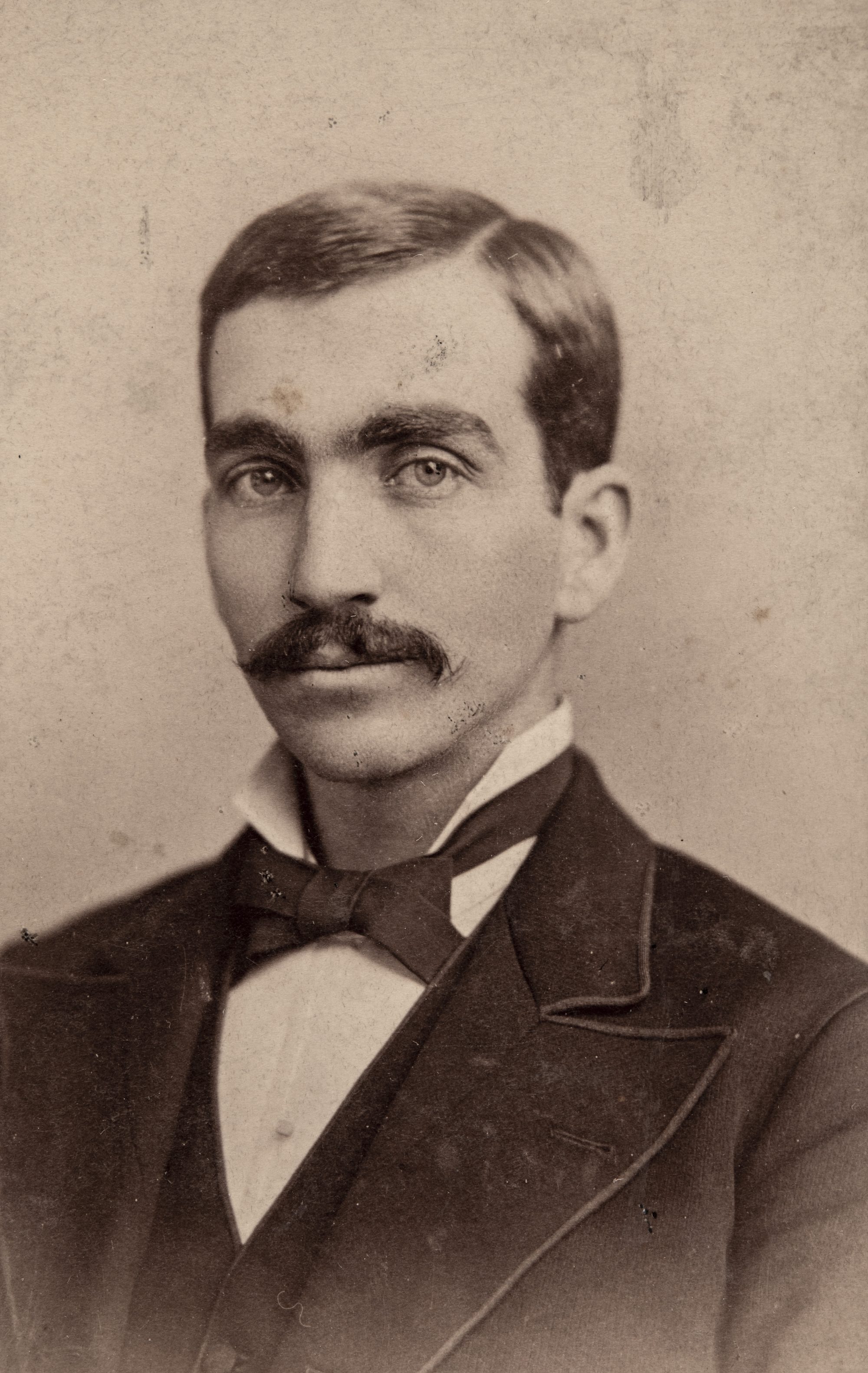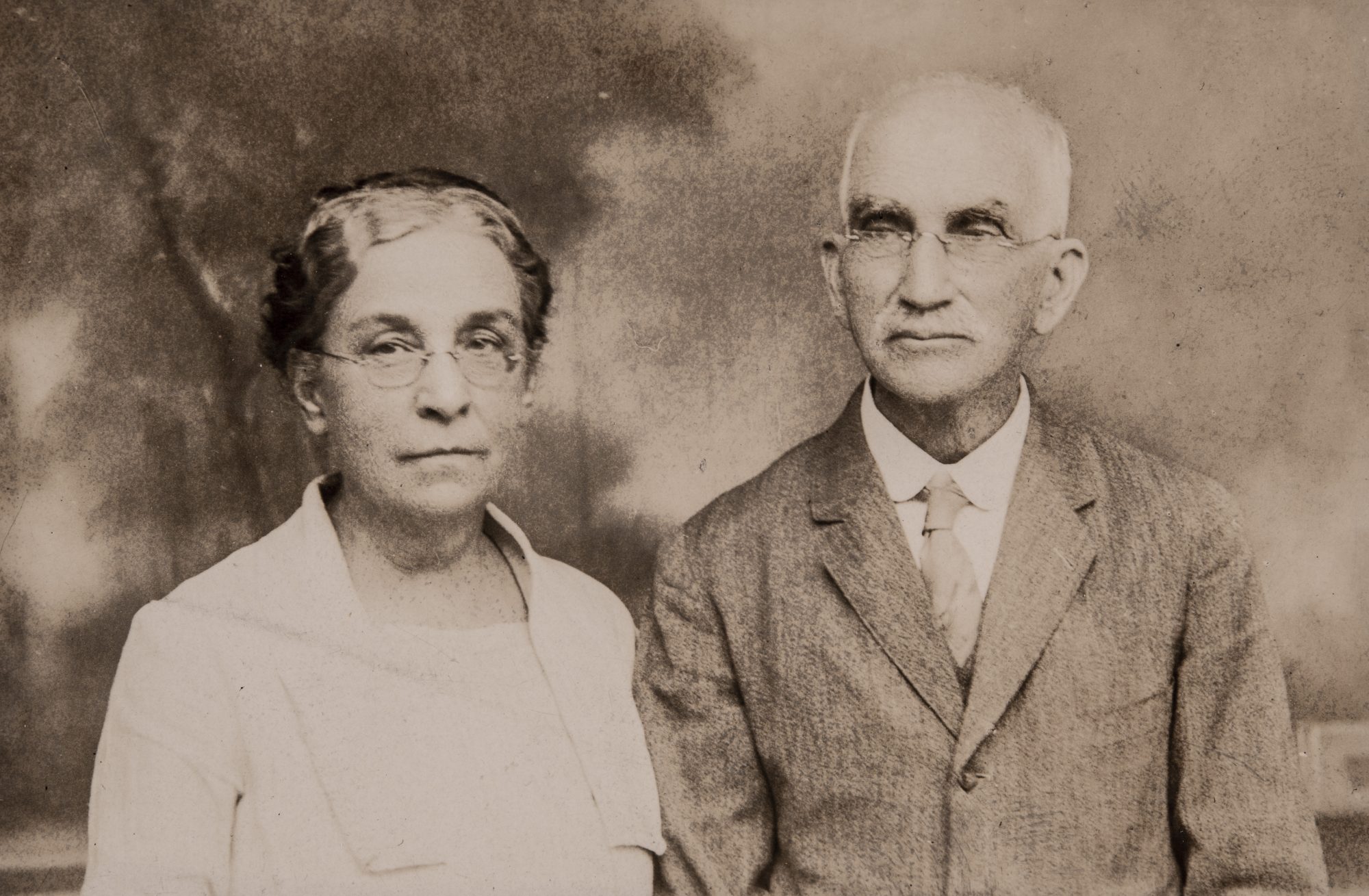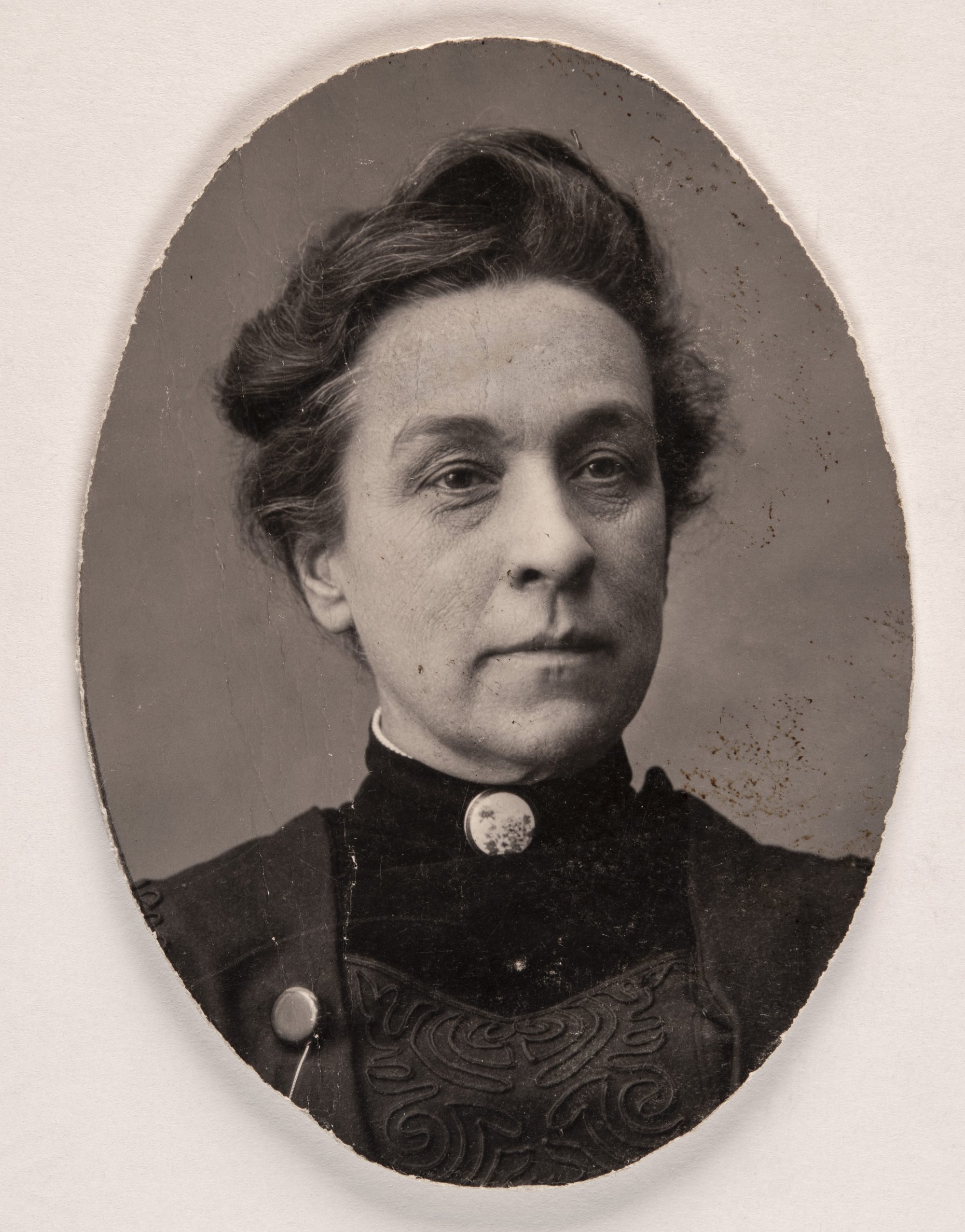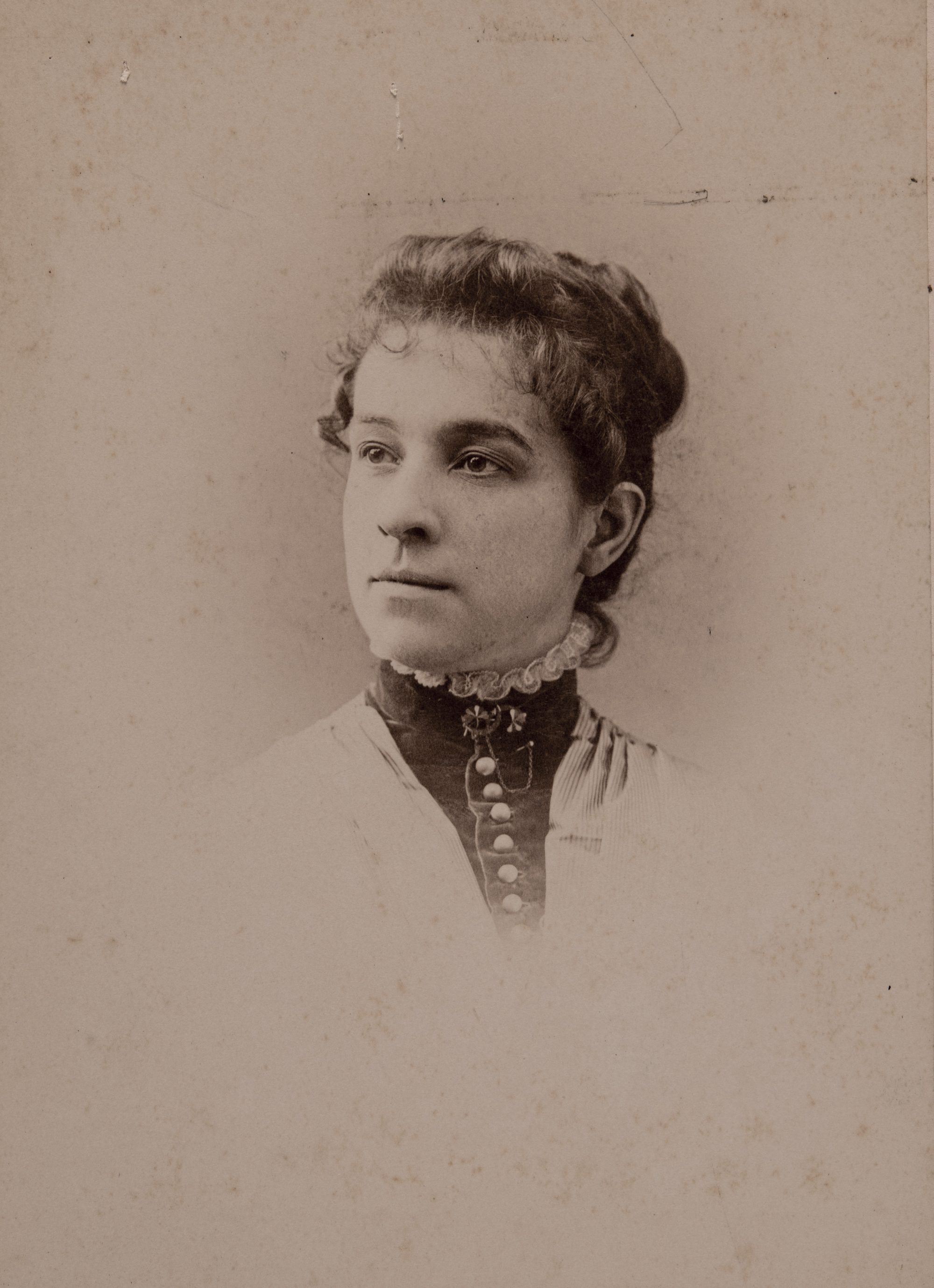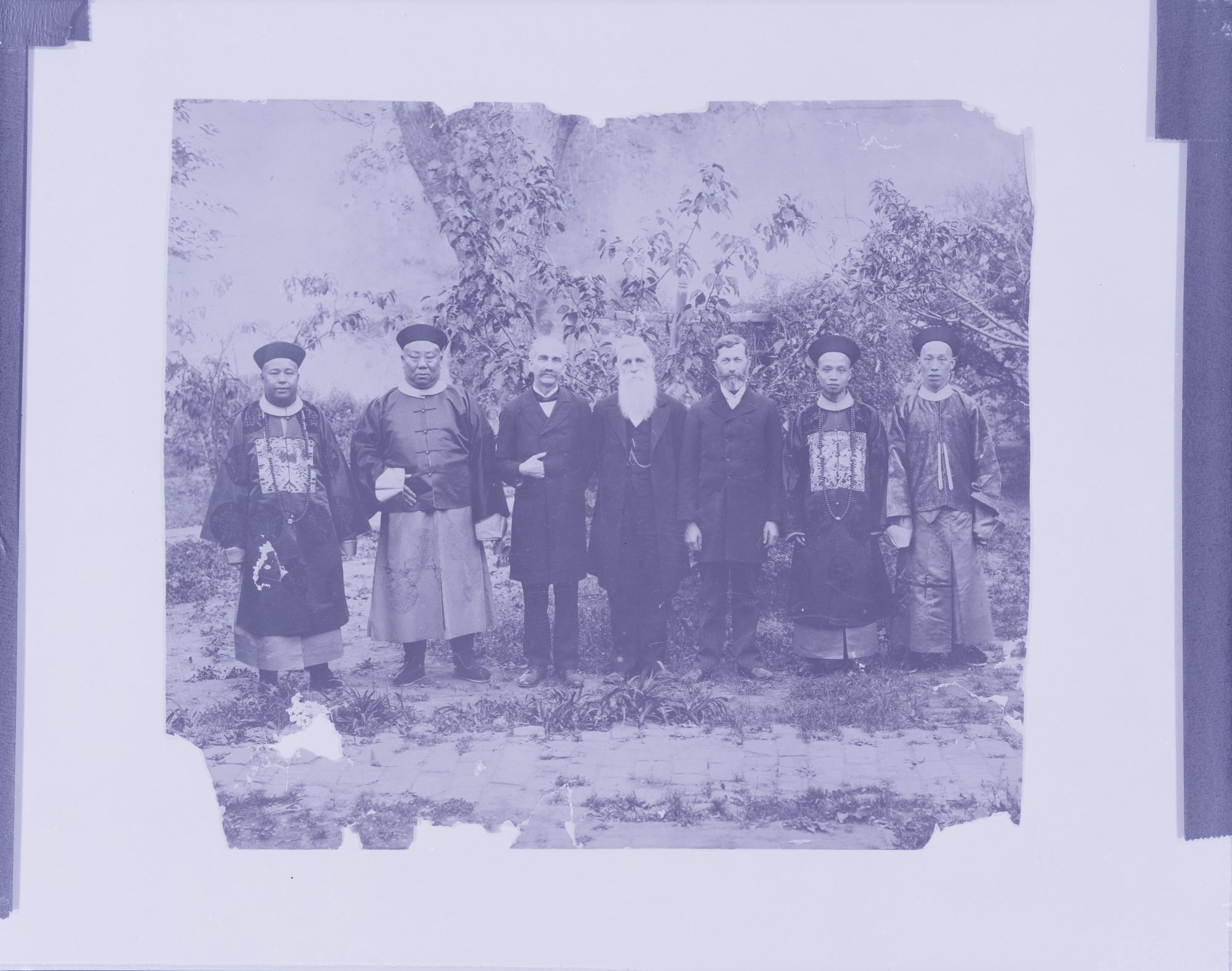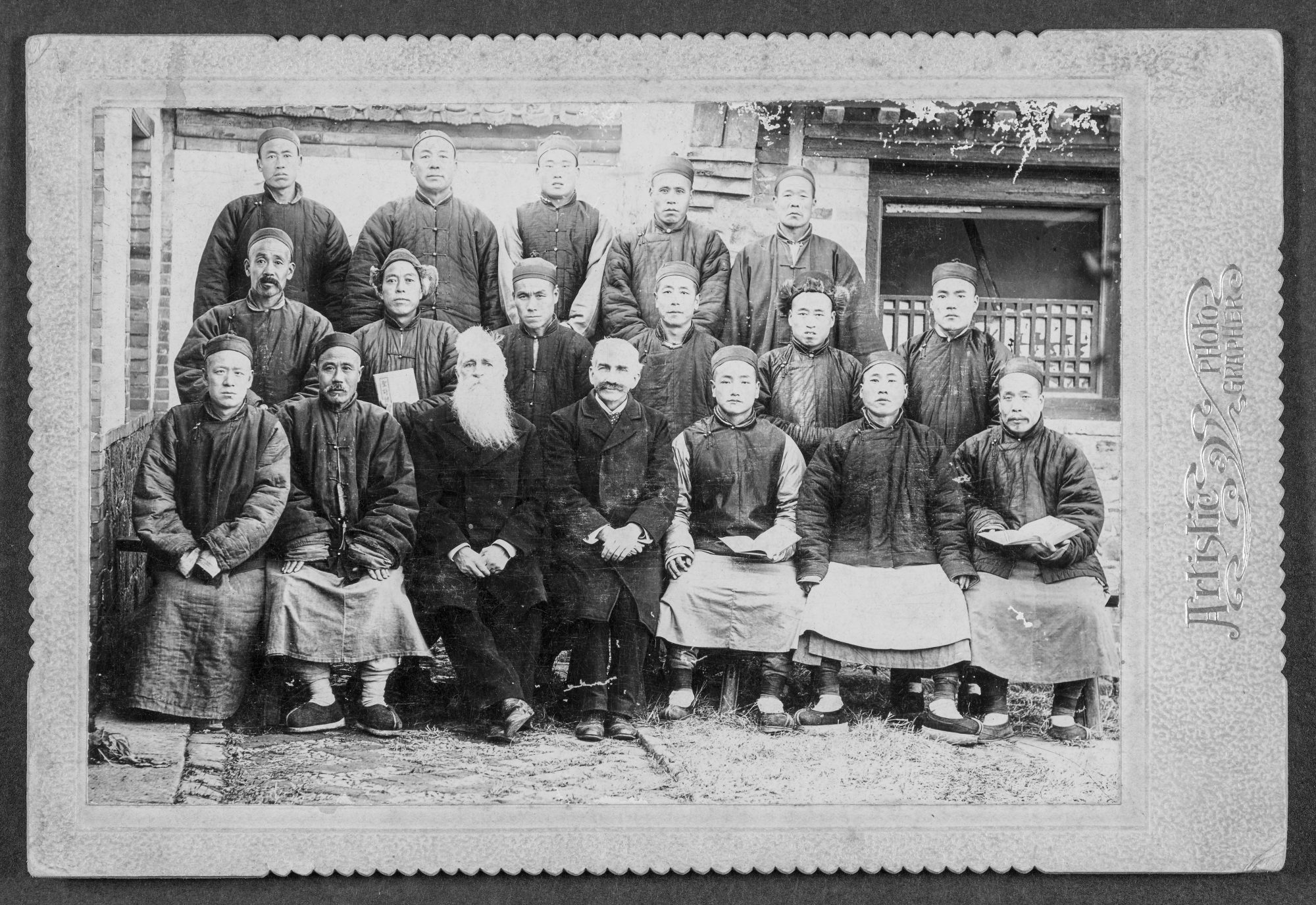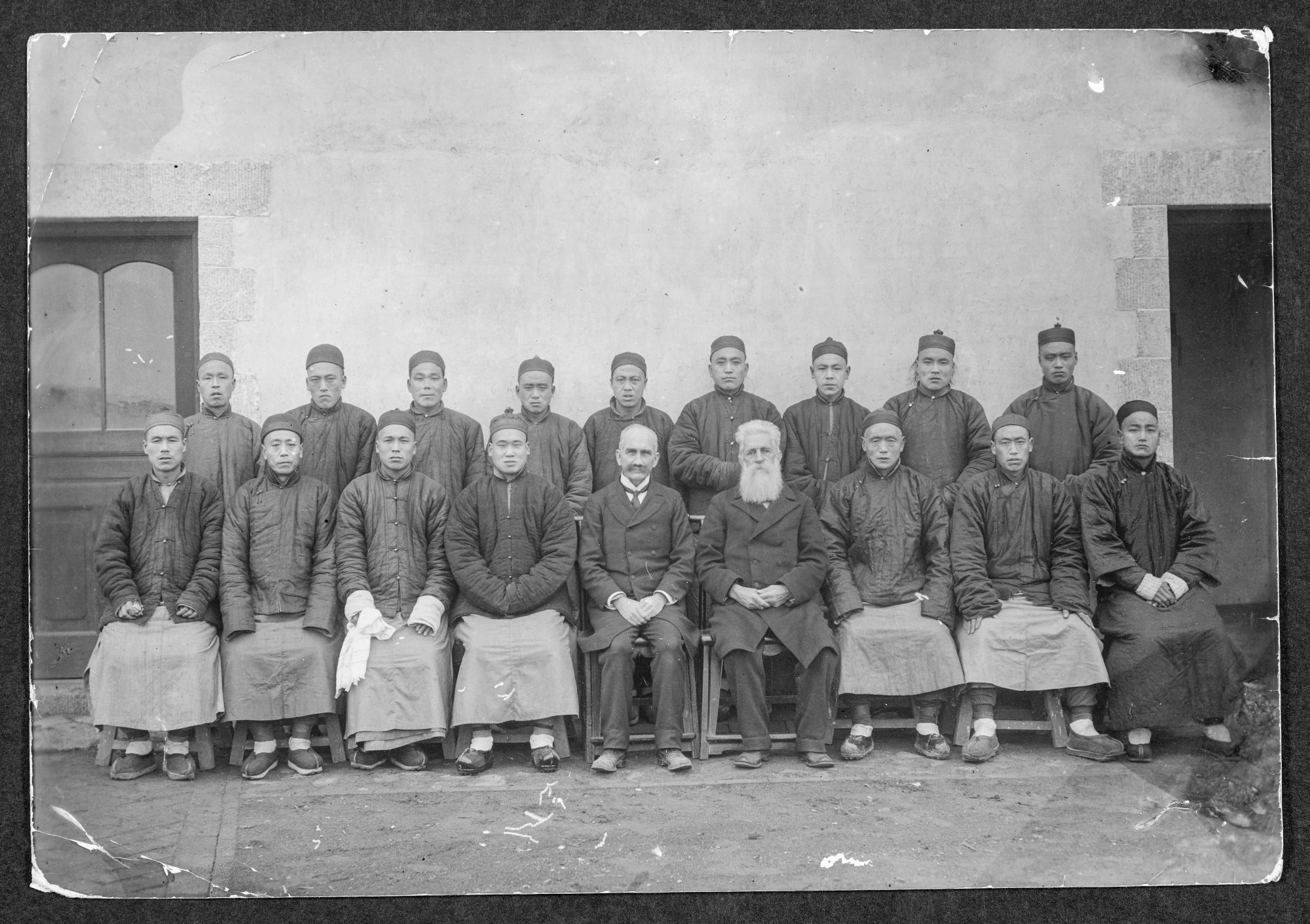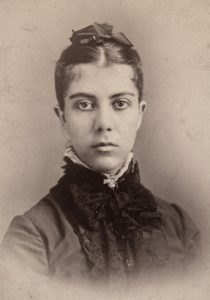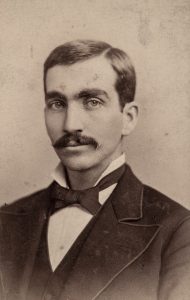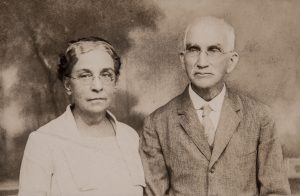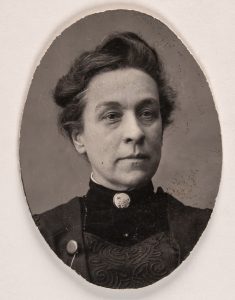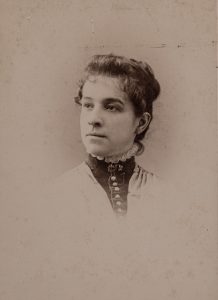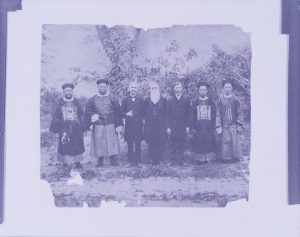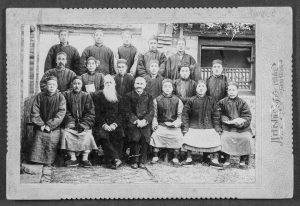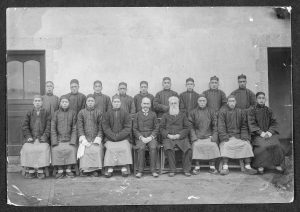C.W. Pruitt
What circumstances would cause an average missionary to pack up and leave the mission field — war, political unrest, illness, death of a child? The Pruitts experienced all of these in their 50+ years in China but stayed despite it all.
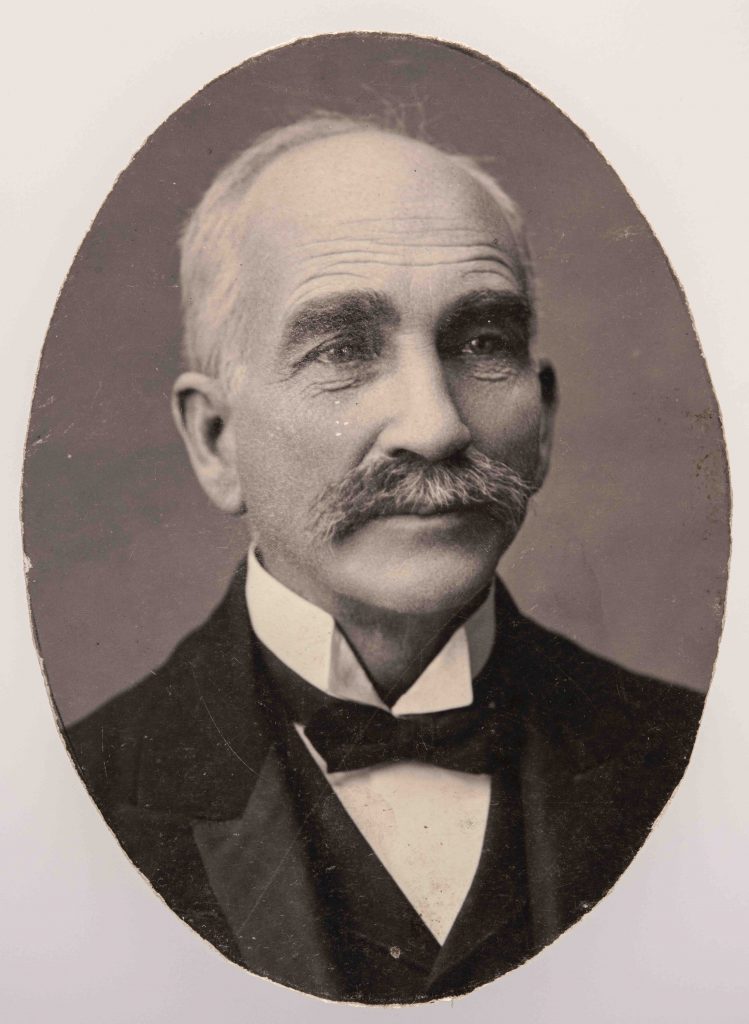
What circumstances would cause an average missionary to pack up and leave the mission field — war, political unrest, illness, death of a child? The Pruitts experienced all of these in their 50+ years in China but stayed despite it all.
In 1880, the Foreign Mission Board decided to redouble efforts to strengthen the work in North China. C.W. and Ida Pruitt joined a small team there that included Lottie Moon, whom C.W. worked beside for ten years. C.W. helped establish the church and Christian education in North China.
But the fruitfulness of his five decades of ministry was bought with the price of suffering. He survived the death of his first wife and married again, to Anna. When war broke out between Japan and China, the Pruitts stayed. They remained in place during the violence of the Boxer Rebellion and the Revolution of 1911. Their solidarity with the Chinese in these times of uncertainty built a trust that allowed them to share the gospel effectively. In later years, C.W. bore witness to revival in which “people were rushing into the churches.”
Despite the hardships of years of war and conflict, the Pruitts considered their “first great sorrow” to be the death of their little girl, followed by the death of their son. The absence of medical assistance, which may have saved the lives of the Pruitt children, stirred the hearts of Baptists in their home state of Georgia to raise the money needed to provide health care at the North China mission.
In the end, C.W. believed the joy of the work outweighed the suffering. Upon reflection, he called it the “joy-job of a lifetime.”


